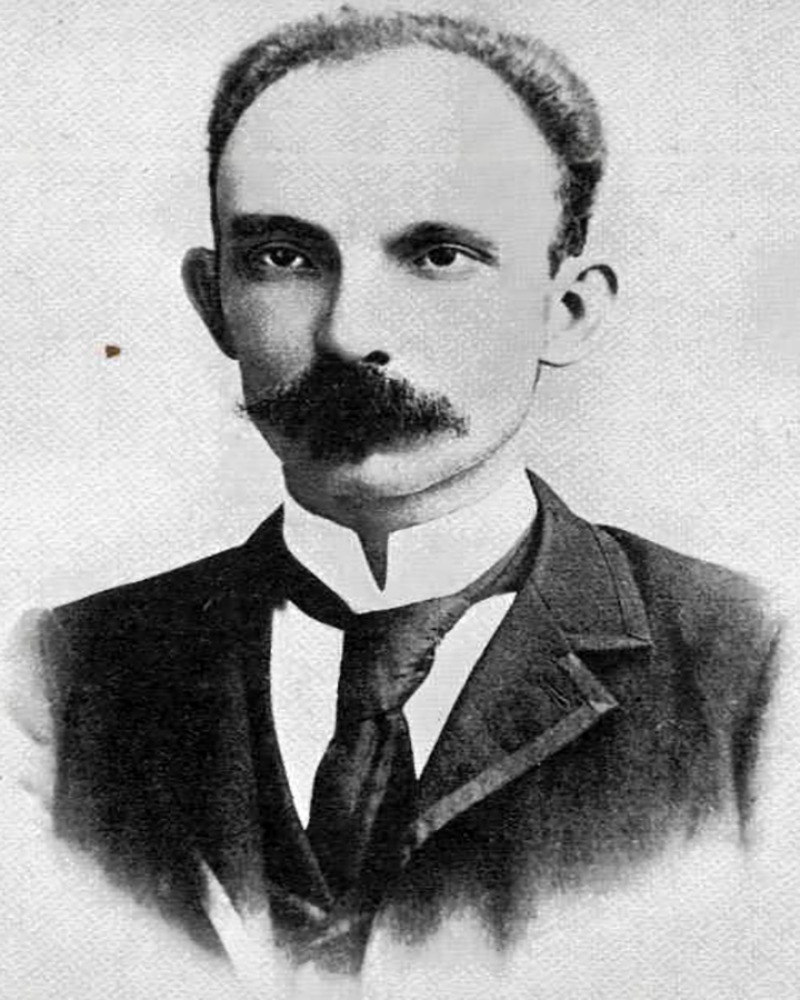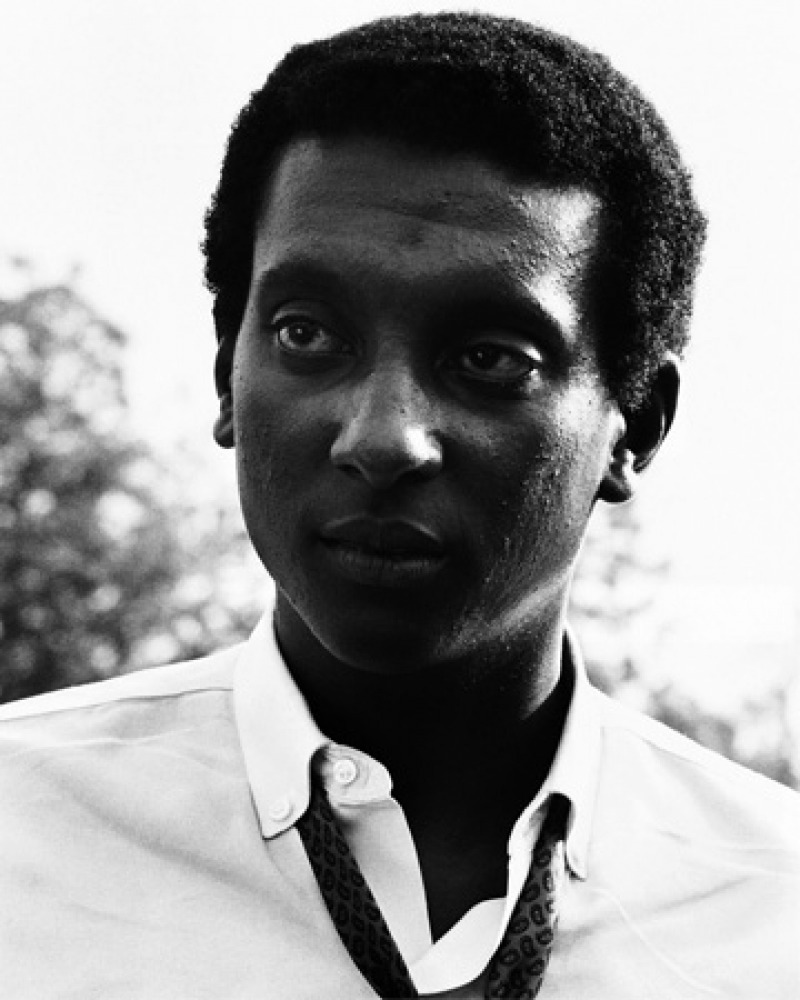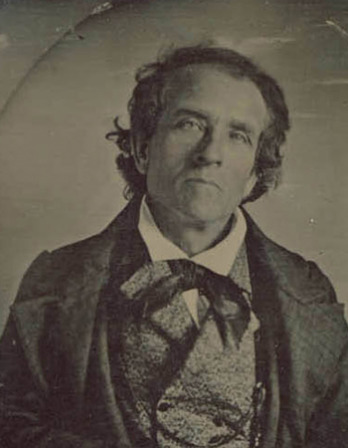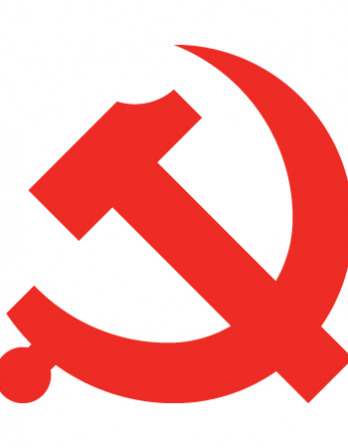
José Martí
“The Abolition of Slavery in Puerto Rico,”
1873
“The Abolition of Slavery in Puerto Rico,”
On April 10, 1869, on the very first moment their independence was consecrated, the Cuban people gathered in Guáimaro and declared all slaves in Cuba to be free, without reparation or payment. And this legitimately glorious fact, the purest and most consequential fact of that revolution, saved the Negro from servitude once and for all and saved Cuba from violence and upheavals that freed slaves, grateful rather than injured, would never instigate in the republic. Four years later, at dawn, the representatives in the teeming amphitheater of the Cortes in Madrid were possessed by a strange agitation; beaming, loquacious groups were congratulating each other; a band of idlers fled as if they were being chased with sticks; an orator with a large head seemed to pluck his luminous paragraphs from the sky, and hurl them down, radiant, upon those gathered there, and an elderly general shouted, “Viva la república!” The president, who is pale, declares with the gesture of one who wrests a thorn from his mother’s bosom, that “slavery is abolished forever in Puerto Rico.” The freed slaves were to be under contract to their masters for three years; three administrators were to be placed in charge of the contracts; the owners were to be repaid for their slaves “in cash,” with a loan of 35 million pesetas against the island’s annual revenue, or in bonds secured by the loan; a group of authorities and slave owners “were to carry out the distribution,” and in five years the freed slaves would come into full possession of their political rights. In Cuba, the master freed their servants with their own hands; they erased even the name of color from the republic’s constitution and seated the slaves at their side on the very first day of their freedom.





